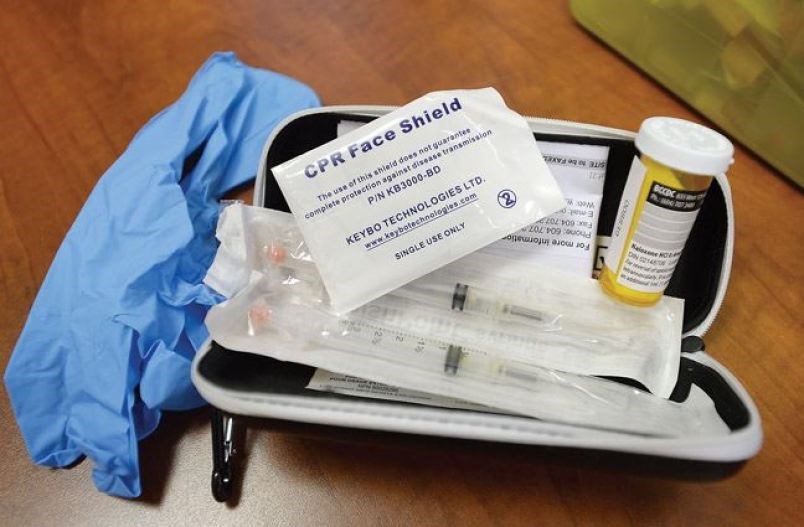A discouraging trend in the number of deaths due to fentanyl in the city has emerged in the latest numbers recorded by the B.C. Coroners Service.
As of the end of March, 13 people have died from overdosing on the drug according to a report issued Thursday, compared to 20 for all of 2017. It's also equal to the total number of fentanyl-related deaths seen over the length of 2016.
"It's definitely concerning," Northern Health public health officer Andrew Gray said Thursday. "If this keeps up, that's a significant worsening."
He said it's a simple function of the drug supply getting more dangerous.
"I think the biggest driver is really just how potent, how unpredictable the drug supply happens to be," Gray said.
A form of opioid, the drug is considered 100 times more potent than heroin and has been the source of a surge in overdose deaths large enough for authorities to call it a health care crisis in the province.
A growing number of first responders and other health care providers have been trained to administer naloxone to those found overdosing on the drug, but the effort has not been enough to stem the tide.
"We do have information now that the fentanyl being sold on the street is even stronger now than it was in 2017," Gray said. "We don't have Prince George-specific data on that but speaking provincially, that's something I've been hearing."
For those who are using, Gray urged them to start with a small test dose and to be with someone who knows how to use naloxone. Northern Health's overdose prevention clinic at the corner of Third and George downtown provides testing for fentanyl. It's open Monday to Saturday from 1 to 6:30 p.m.
He said Northern Health will continue to seek ways to improve access to general and specific care for those who use substances. The agency is in the process of securing funding to establish community action teams in high-priority communities, Gray also said.
Gray urged the general public to refrain from treating drug addiction as a stigma.
"The misunderstanding and the judgment towards people who use substances really is a big barrier," he said. "It drives people away from services, it makes people ashamed to admit that they need help."
Northern Health has posted testimonials as to the effect at northernhealth.ca/stigma.
support to those seeking addictions care and general access to


